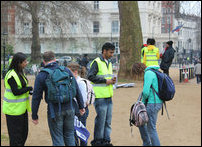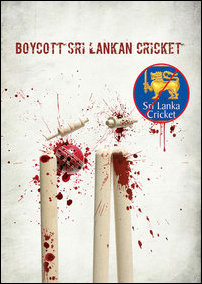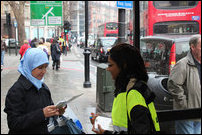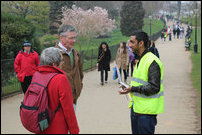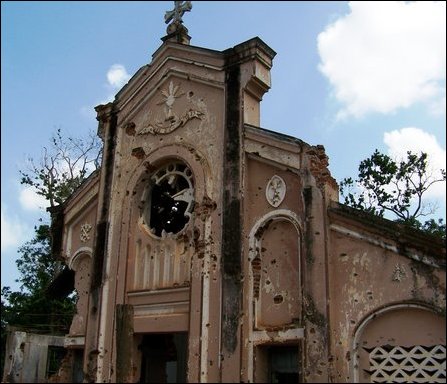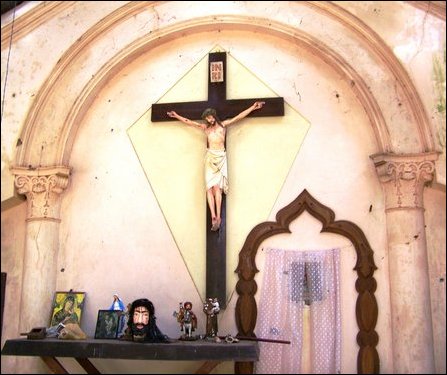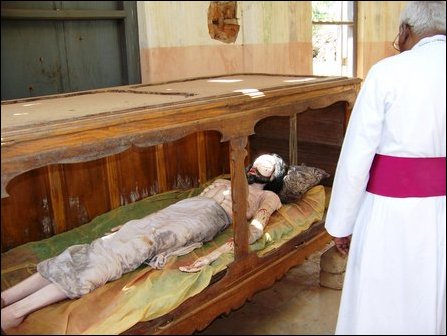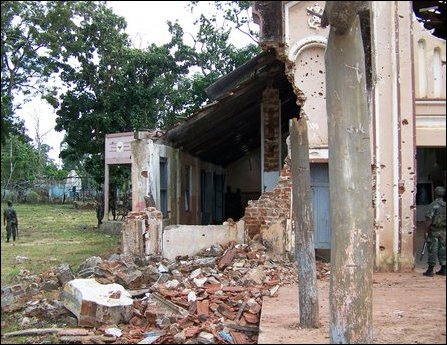International rights organisations have called for the immediate release of an editor of a website critical of the Sri Lankan government.
Bennett Rupasinghe, News Editor of LankaeNews was remanded by courts following his arrest by the Wellampitiya police on Thursday.
Media watchdog Reporters Without Borders (RSF) said that he should be released immediately.
 | |
RSF research coordinator Gilles Lordet speaking to BBC Sandeshaya said, "this can be seen as part of ongoing harassment against the LankaeNews".
Bennett 'threatned a man'
The Paris based organisation had earlier made an international appeal for help in finding the means to guarantee the physical safety of LankaeNews' journalists.
Police spokesman Prishantha Jayakody says Bennett Rupasinghe, was arrested following a complaint that he had threatened a man by telephone.
Sunil Jayasekara, convener of the group Free Media Movement, says the arrest was made on questionable grounds and is an attempt to silence dissenting media.
 | |
"This clearly shows the government is misusing police and judicial powers in addition to extra legal methods against independent media in stifling dissent," said Journalists for Democracy in Sri Lanka (JDS).
Amnesty International's researcher Yolanda Foster called the arrest 'a misuse of executive authority'.
Committee to Protect Journalists (CPJ) says that this situation cries out for immediate international support.
"Given that its editor is in exile, its office recently gutted by fire, and its political cartoonist 'disappeared' for more than a year, the threat to the safety of its remaining staff are clear," said Bob Dietz, CPJ's Asia program coordinator.
'Sinister motives'
Maithree Gunarathne, leading the lawyers team representing LankaeNews told journalists accused the government of 'sinister motives' in harassing journalists.
Prageeth Eknaligoda, a cartoonist working with the website had disappeared over a year ago. His wife has asked for UN intervention to find him after the Sri Lankan government has been unable to provide any information.
In January the LankaeNews office in the Colombo suburbs came under an arson attack. Media organisations have expressed scepticism about the two suspects who have been taken into custody.
The chief editor of LankaeNews has already fled the country and is living in exile.
Sri Lanka is ranked 158th out of 178 countries in the latest Reporters Without Borders press freedom index.




